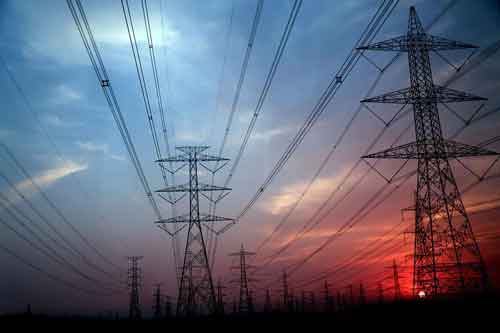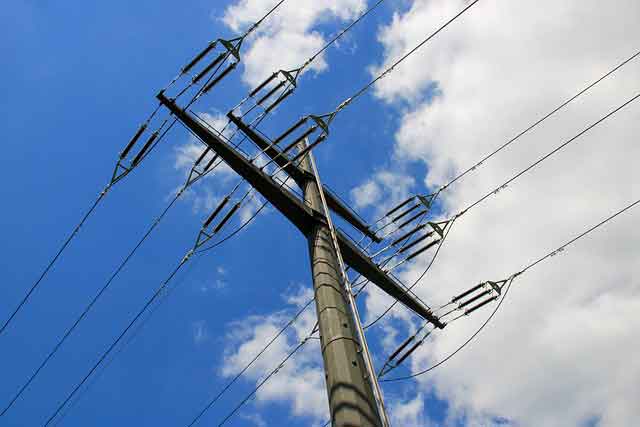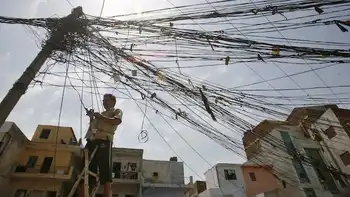U.S. Businesses Staying Flexible on Power Deregulation
LOS ANGELES, CA - - A survey released this week said business customers appear to be keeping an open mind about changing electricity suppliers, and most aren't concerned about what company supplies their power as long as the lights come on and the price is right.
RKS Research and Consulting found, in a nationwide survey of 1,400 businesses with power bills of more than $3,000 a month, that one-third either changed or re-evaluated their electricity suppliers last year in an effort to reduce costs, and most of the respondents now look to their current utility as a delivery service for electricity provided by outside companies.
According to RKS, a New York polling company, eight in 10 U.S. businesses now use their power company only for the delivery of electricity, an increase of 3 percentage points from six months ago; only 14 percent of business customers rely on their electricity providers for energy consulting or additional products or services.
"These results show that interest is growing among business customers in a broader 'electricity-plus' relationship with their energy supplier, " said Rick Ginter, RKS director of research. "Yet these latest...scores show that business customers are still focusing on the commodity delivery service from their present supplier. This perception threatens to relegate the traditional utility to a narrower role as customers turn elsewhere for new products and services."
Commercial customers are a lucrative target for companies seeking to establish themselves as electricity suppliers in a deregulated market. RKS said the traditional utilities appeared to be lagging, however, in efforts to hold on to their customer base.
The survey also indicated that only one-third of the businesses had received information about electricity deregulation from their local power companies, and most found the information confusing and self-serving.
"With our data documenting increased advertising and direct customer contact by competitors, one has to ask: What are the incumbent suppliers waiting for?" Ginter said.
Another survey released this week indicated that deregulation might not produce a mad rush by commercial and residential customers to change their power suppliers.
The Bonneville Power Administration said a survey of 75 utility and industry executives in the Pacific Northwest resulted in predictions that the immediate future would largely reflect the status quo. The survey said fewer than 25 percent of residential and other smaller consumers would likely change their electricity suppliers under deregulation.
"We conducted this survey of industry leaders in order to understand the region's opinions regarding deregulation," said BPA Senior Vice President Steve Wright. "They told us they think deregulation will move forward, but not rapidly."
The Pacific Northwest is unique from many other areas, however, because of its plentiful and cheap hydroelectric power.
While two-thirds of the respondents said they thought the region could generate enough power to meet demand over the next five years, 60 percent were concerned the transmission system might not be up to the task of delivering that electricity.
Another 60 percent said they doubted that any national addressing consumer electricity price issues would be passed in the next five years, and 74 percent said they didn't think Congress would allow the BPA and other federal power agencies to charge higher going market rates to their customers.
"Members of Congress from the Northeast and Midwest are mounting a concerted effort to deny the Northwest its lower power rates," said Wright. "Northwest elected representatives and their constituents must be vigilant."
Related News

Russia-Ukraine Agreement on Power Plant Attacks Possible
KYIV - In a significant diplomatic development amid ongoing conflict, Russia and Ukraine are reportedly exploring the possibility of reaching an agreement to halt attacks on each other’s power plants. This potential cessation of hostilities could have far-reaching implications for the energy security and stability of both nations, as well as for the broader European energy landscape.
The Context of Energy Warfare
The conflict between Russia and Ukraine has escalated into what many analysts term "energy warfare," where both sides have targeted each other’s energy infrastructure. Such actions not only aim to undermine the adversary’s military capabilities but also have…




